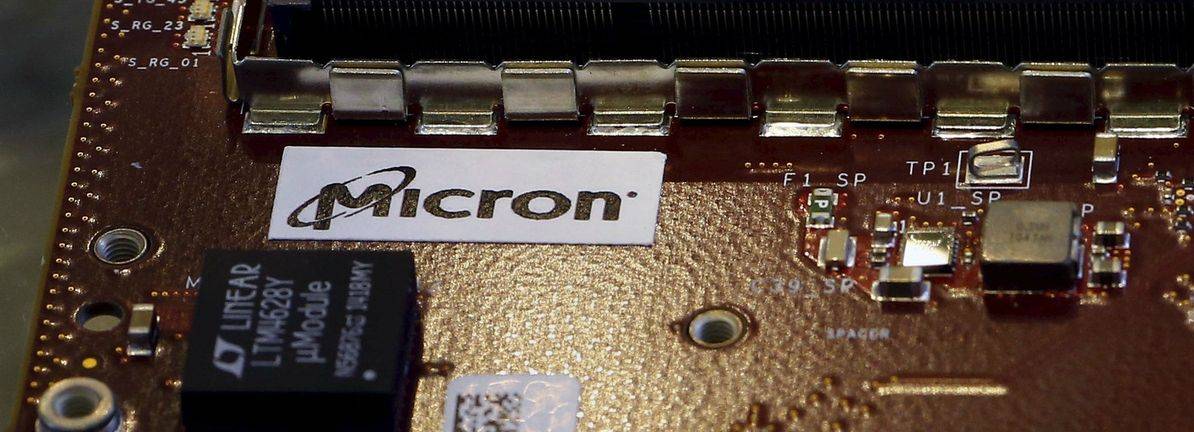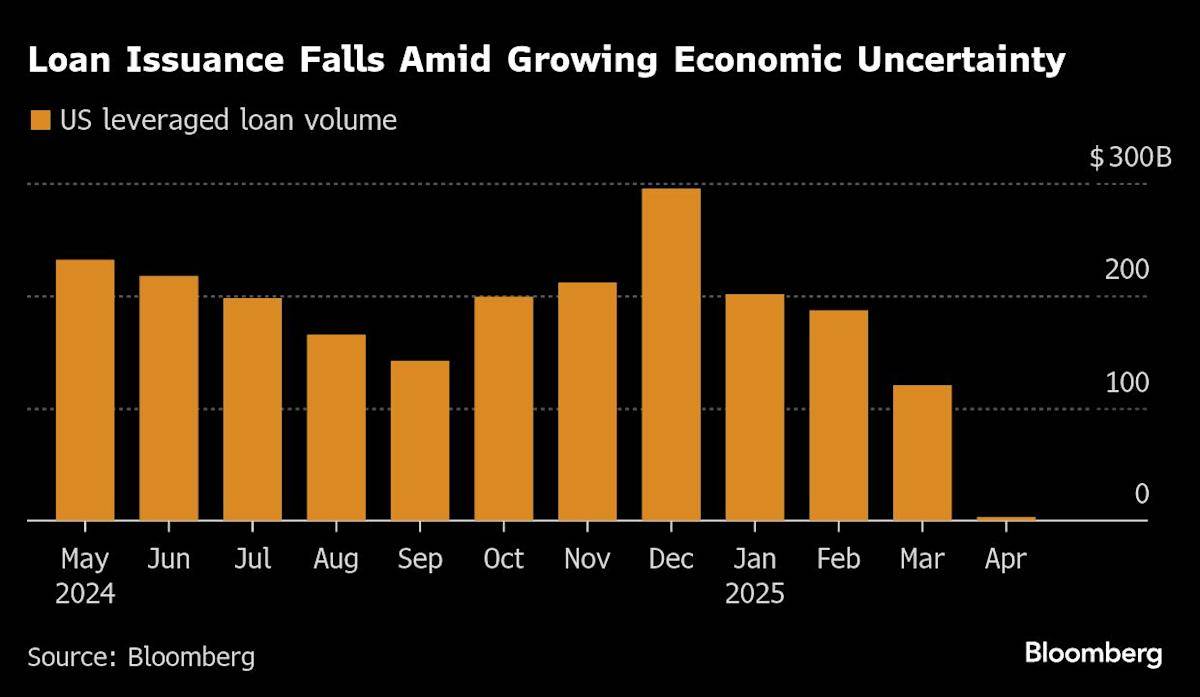Crusoe’s latest venture in Texas underscores a significant trend in corporate investments in AI infrastructure. The company has embarked on an ambitious project to expand its AI data center campus in Abilene to a staggering 1.2 gigawatts of power capacity. This initiative not only highlights the growing demand for advanced computing facilities but also illustrates how major corporations are aligning their strategies with emerging technologies.
Phase One and Scope of the Project
The initial phase of the project, featuring two buildings, is expected to be operational by the first half of 2025, with a capacity of over 200 megawatts. This development is part of a broader $3.4 billion joint venture with Blue Owl Capital and Primary Digital Infrastructure to support AI workloads at scale. The site, located at the Lancium Clean Campus, has been designed with innovative cooling systems and is set to host some of the largest GPU clusters globally, which will significantly enhance AI computing capabilities.
Partnerships and Sustainability Focus
Crusoe’s venture is bolstered by its partnership with NVIDIA, aimed at driving breakthroughs across various industries through enhanced AI training and inference capabilities. The data center’s design emphasizes sustainability, incorporating both on-site and off-site renewable energy sources. This approach aligns with the industry’s increasing focus on environmental responsibility.
Economic Impact
The economic impact of this project is substantial, with the initial phase alone projected to have a direct and indirect economic effect of about $1 billion over 20 years. The expansion could magnify this impact significantly, creating jobs and stimulating local economic growth. The construction site already employs nearly 2,000 people daily, with this number expected to rise to approximately 5,000 during peak expansion phases.
Tax Incentives and Local Support
In a related development, Crusoe is poised to benefit from a significant tax abatement agreement approved by the Abilene City Council. This agreement offers an 85% tax break on billions of dollars worth of property if the company meets targeted investment thresholds. The tax benefits are contingent upon Crusoe spending at least $2.4 billion of the $3.5 billion planned investment. This deal underscores how tax incentives can attract major investments and drive economic development in regions offering favorable business environments.
Alignment with Broader AI Trends
Crusoe’s project in Texas also aligns with broader trends in the AI sector, where companies like OpenAI, Oracle, and SoftBank are involved in joint ventures like Stargate. These initiatives reflect a growing emphasis on large-scale AI infrastructure, highlighting the role of data centers in driving future technological advancements.
The Future of AI Infrastructure
As the data center market continues to evolve, investments like Crusoe’s reflect a strategic shift towards catering to AI’s vast computing needs. This trend is underpinned by the understanding that AI infrastructure will be pivotal in shaping technological advancements across industries. For investors and policymakers alike, the growth of AI data centers poses both opportunities and challenges, particularly in balancing economic development with environmental considerations.
Conclusion
Given the substantial investment and projected economic impact, Crusoe’s expansion in Abilene represents a significant milestone in AI infrastructure development. It showcases how innovative data center designs and partnerships are transforming the technology landscape, with major corporations at the forefront of these advancements.
For more insights into emerging trends in corporate finance and market analysis, visit Epochedge Business or explore our coverage of Financial Trends.










